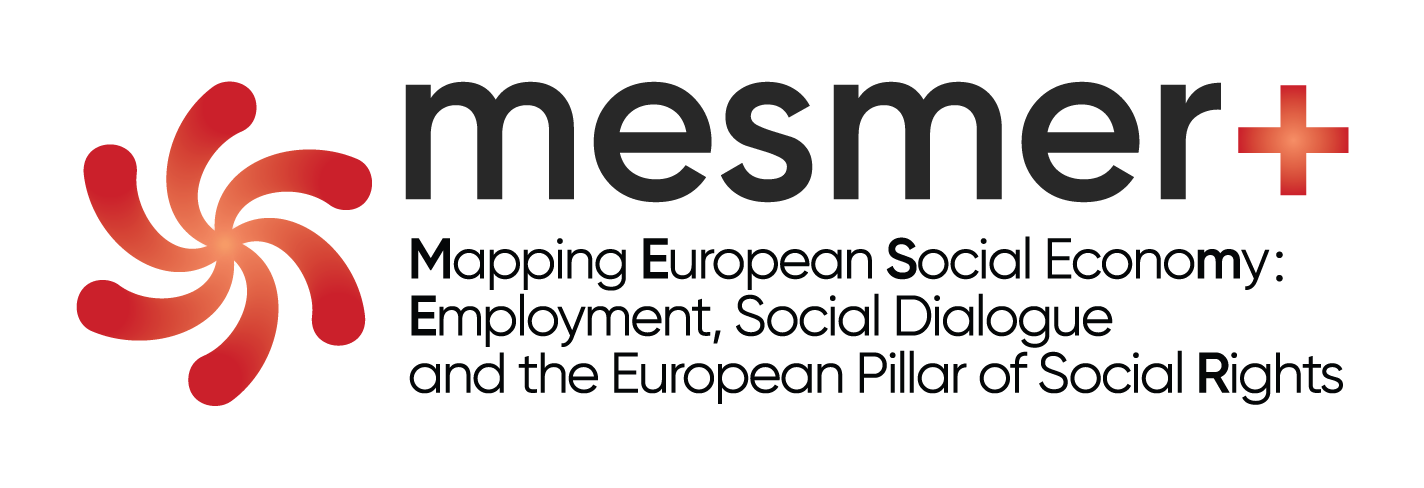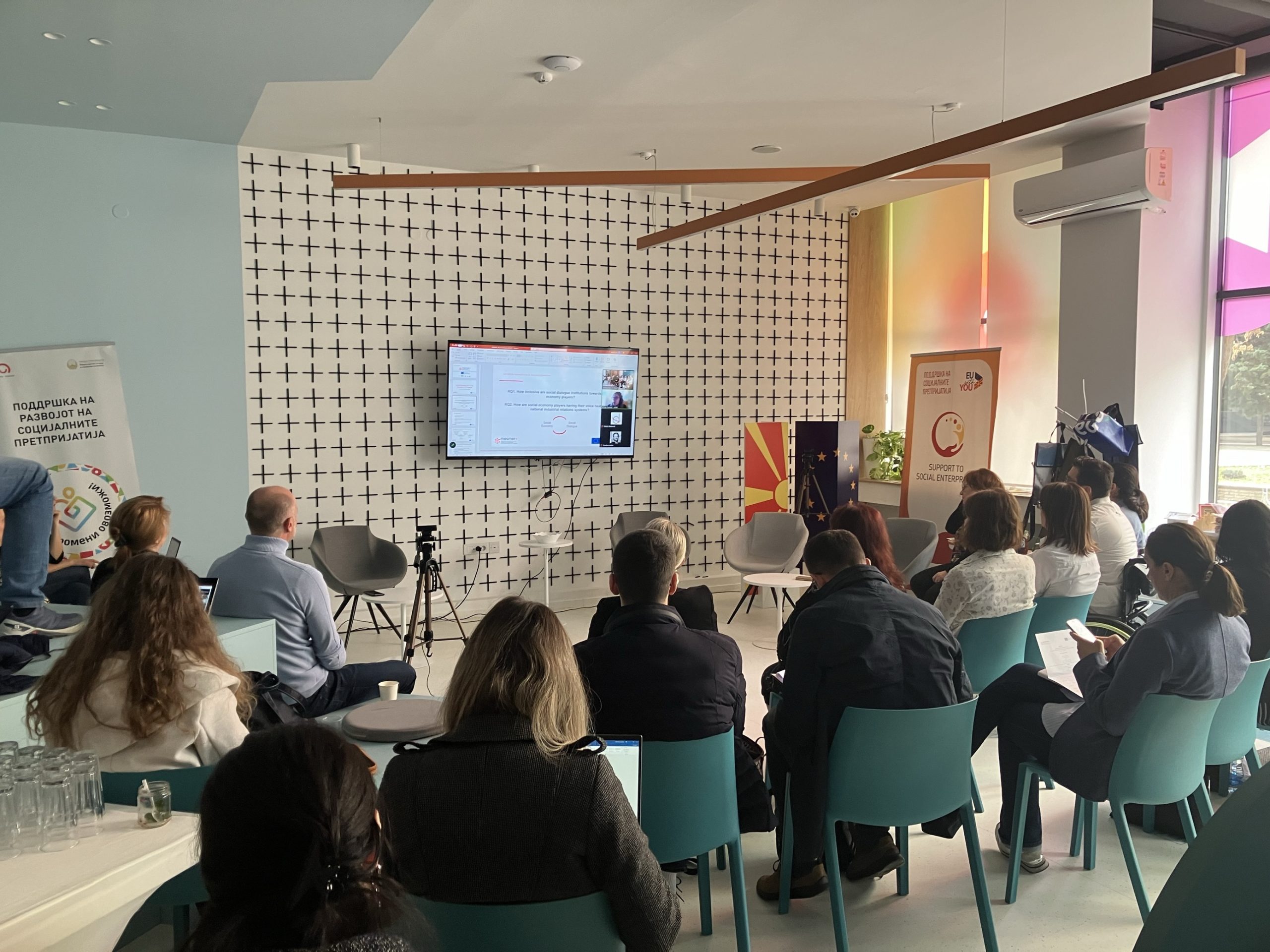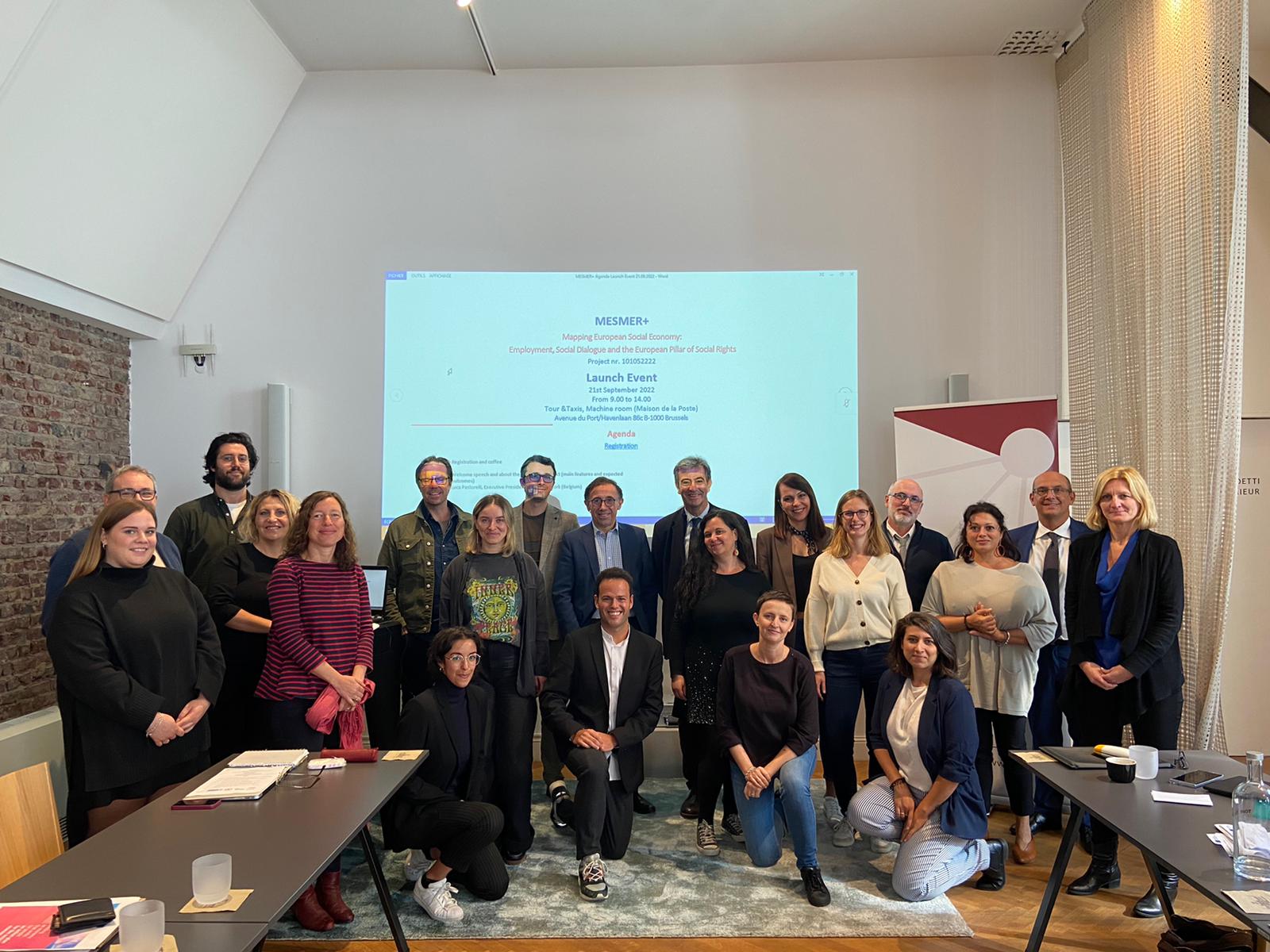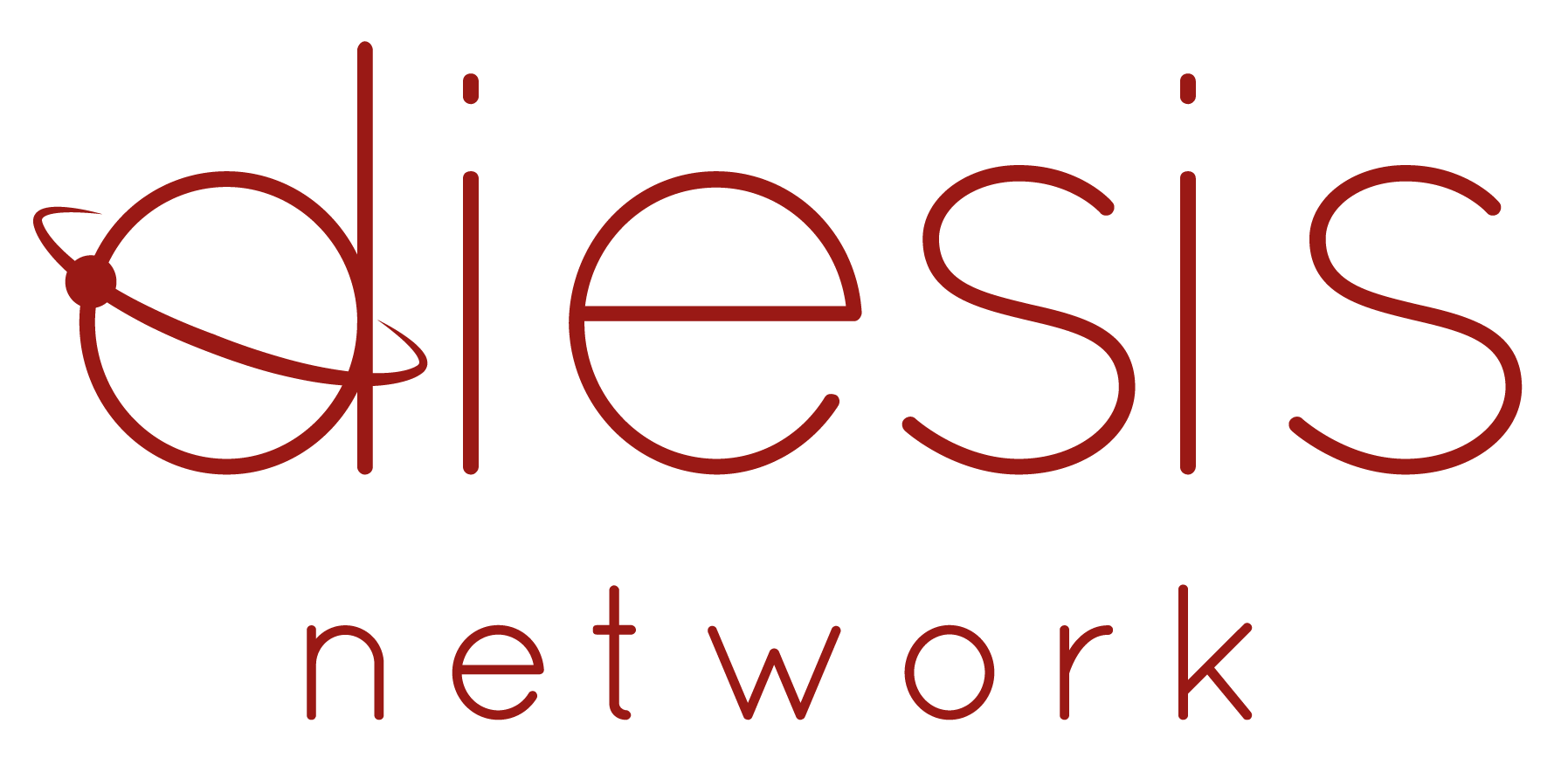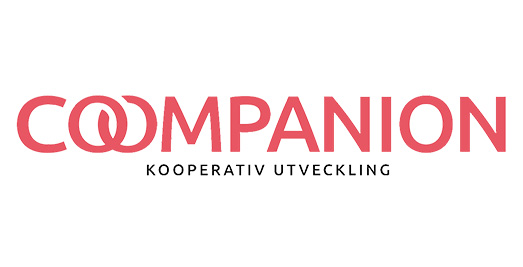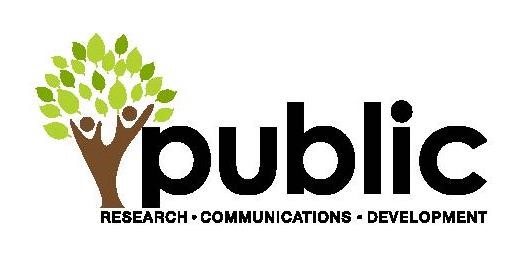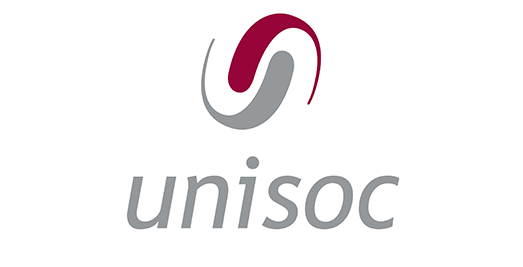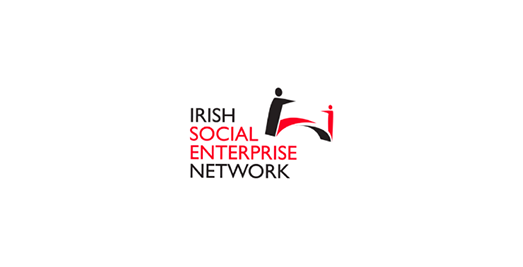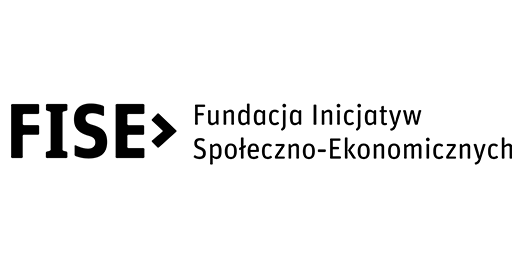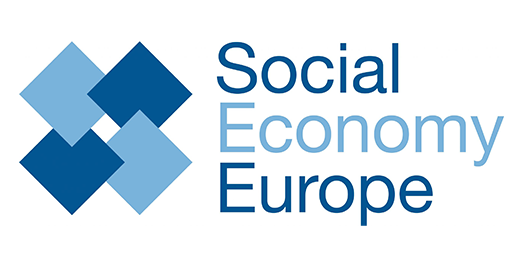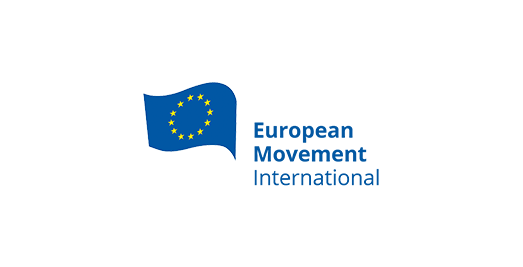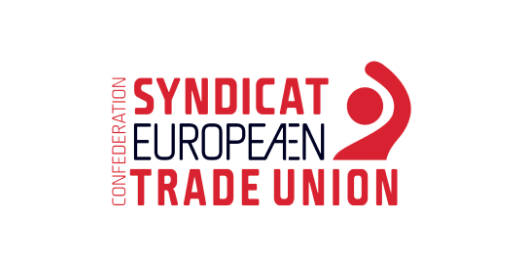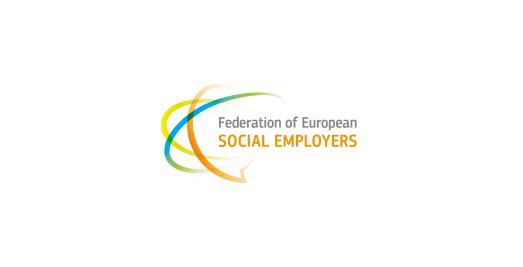𝐌𝐚𝐩𝐩𝐢𝐧𝐠 𝐄𝐮𝐫𝐨𝐩𝐞𝐚𝐧 𝐒𝐨𝐜𝐢𝐚𝐥 𝐄𝐜𝐨𝐧𝐨𝐦𝐲: 𝐄𝐦𝐩𝐥𝐨𝐲𝐦𝐞𝐧𝐭, 𝐒𝐨𝐜𝐢𝐚𝐥 𝐃𝐢𝐚𝐥𝐨𝐠𝐮𝐞 𝐚𝐧𝐝 𝐭𝐡𝐞 𝐄𝐮𝐫𝐨𝐩𝐞𝐚𝐧 𝐏𝐢𝐥𝐥𝐚𝐫 𝐨𝐟 𝐒𝐨𝐜𝐢𝐚𝐥 𝐑𝐢𝐠𝐡𝐭𝐬
The MESMER+ project aims to establish an up-to-date in-depth mapping on activity and representation of social economy players – both from the employers’ and employees’ side – within social dialogue institutions and various industrial relations settings in nine countries: Belgium, Bulgaria, France, Italy, Ireland, North Macedonia, Poland, Spain and Sweden. This mapping encapsulates several dimensions, including institutions, actors, practices and processes.
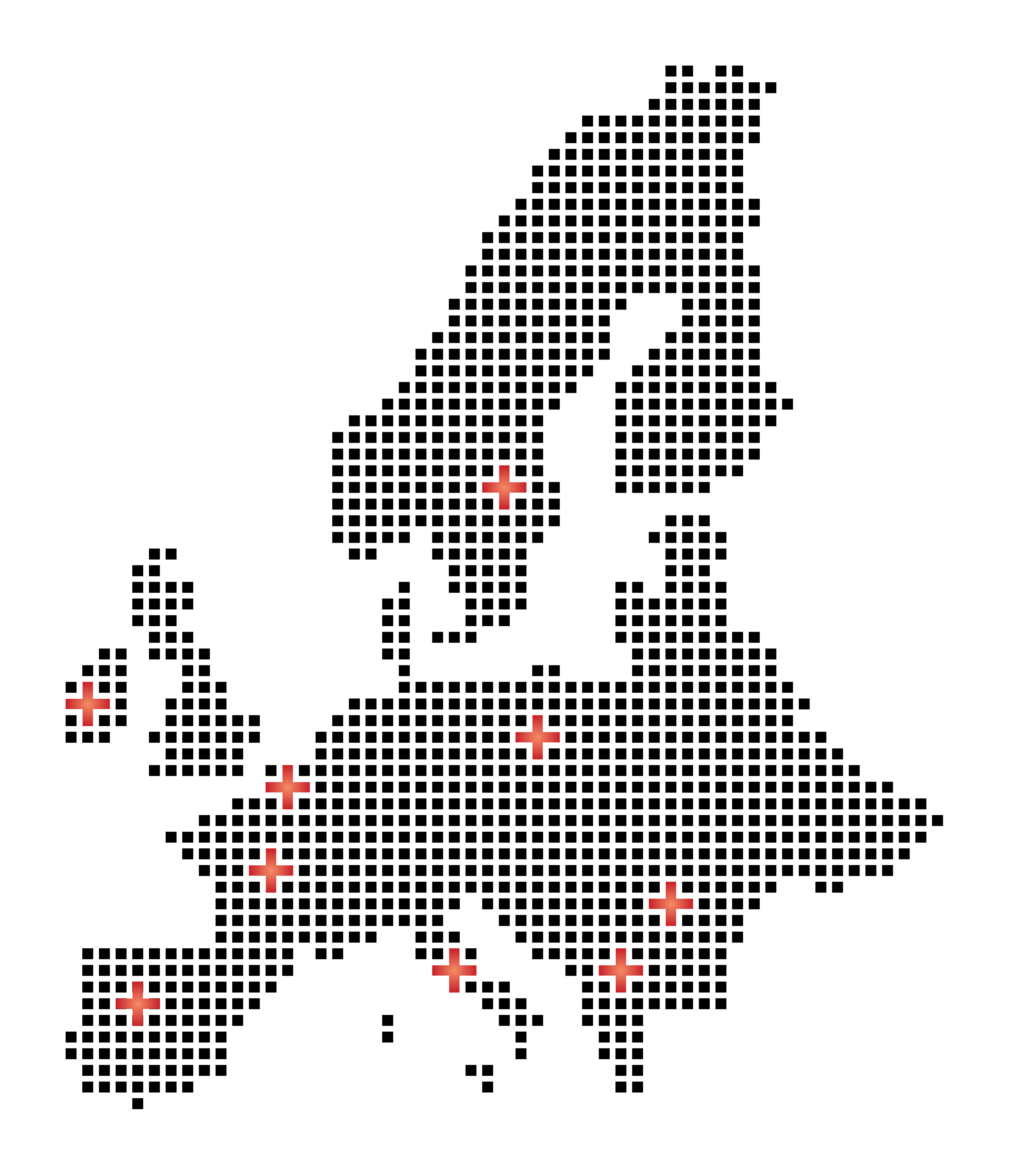
Latest news
MESMER+ Final event – Brussels (02.07.2024)
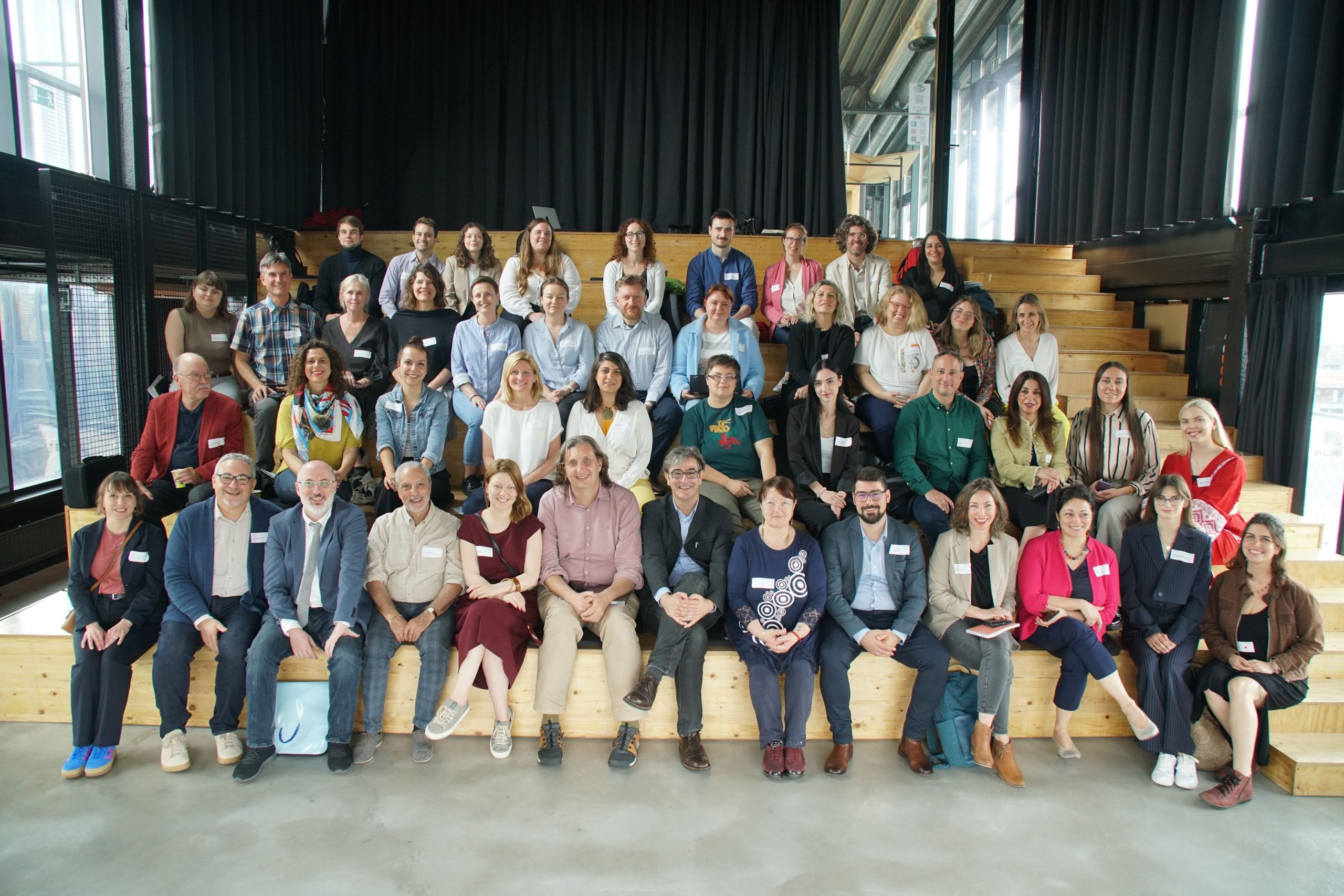
MESMER+ new video is out!
“Social Dialogue ensures fair working conditions and enhances democratic governance and policymaking”.
Check out our new video and get to know more about what MESMER+ has done to strengthening Social Economy inclusion in Social Dialogue.
MESMER+ Final Mapping Report – Available now!
The only up-to-date and accurate mapping of Social Economy and Social Dialogue in nine target countries (Bulgaria, France, Italy, North Macedonia, Poland, Spain, Sweden and Ireland) is now available.
Interested in learning more? Join us at the Mesmer+ Project’s final conference on 2nd July 2024, in Brussels. Stay tuned – the agenda and registration link will be shared in June.
MESMER+ 3nd European Event – Skopje (28.02.2023)

The third and last European project event of the Mesmer+ project provided the opportunity to share the final research results, also discuss the policy context at EU level. A special focus of the event was on the Western Balkans and North-Macedonia. Based on the discussions, policy pointers to EU level policymakers have been also formulated.
The hybrid meeting was hosted by Association of Research, Communication and Development “Public” and co-organised by Diesis Network. More than 25 participants – representatives of co-partners, associated organizations, external experts of the Mesmer + project, invited guests and speakers – contributed to the success of the event.
- Download the event summary
- Download the agenda
- Presentation of Anne Guisset
- Video message of Simel Esim
- Presentation of Vera Strobachova-Budway
- Green Paper on the Social Economy in the Western Balkans
- Presentation of Gianluca Pastorelli
MESMER+ Country Reports – Available now!
The nine country reports (including national-level policy recommendations) are available now to download. The MESMER+ project aims to establish a better and up-to-date critical description and understanding of the representation and participation of the social economy in the social dialogue institutions in the nine target countries.
- Read here the report from Belgium
- Read here the report from Bulgaria
- Read here the report from France
- Read here the report from Italy
- Read here the report from North Macedonia
- Read here the report from Poland
- Read here the report from Spain
-
Read here the report from Sweden
- Read here the report from Ireland
The nine country reports (including national-level policy recommendations) are available now to download. The MESMER+ project aims to establish a better and up-to-date critical description and understanding of the representation and participation of the social economy in the social dialogue institutions in the nine target countries. More information is coming soon on the dissemination event that is open for all interested stakeholders in mid-February 2024 (Brussels).
MESMER+ 2nd European Event – Dublin (27.09.2023)
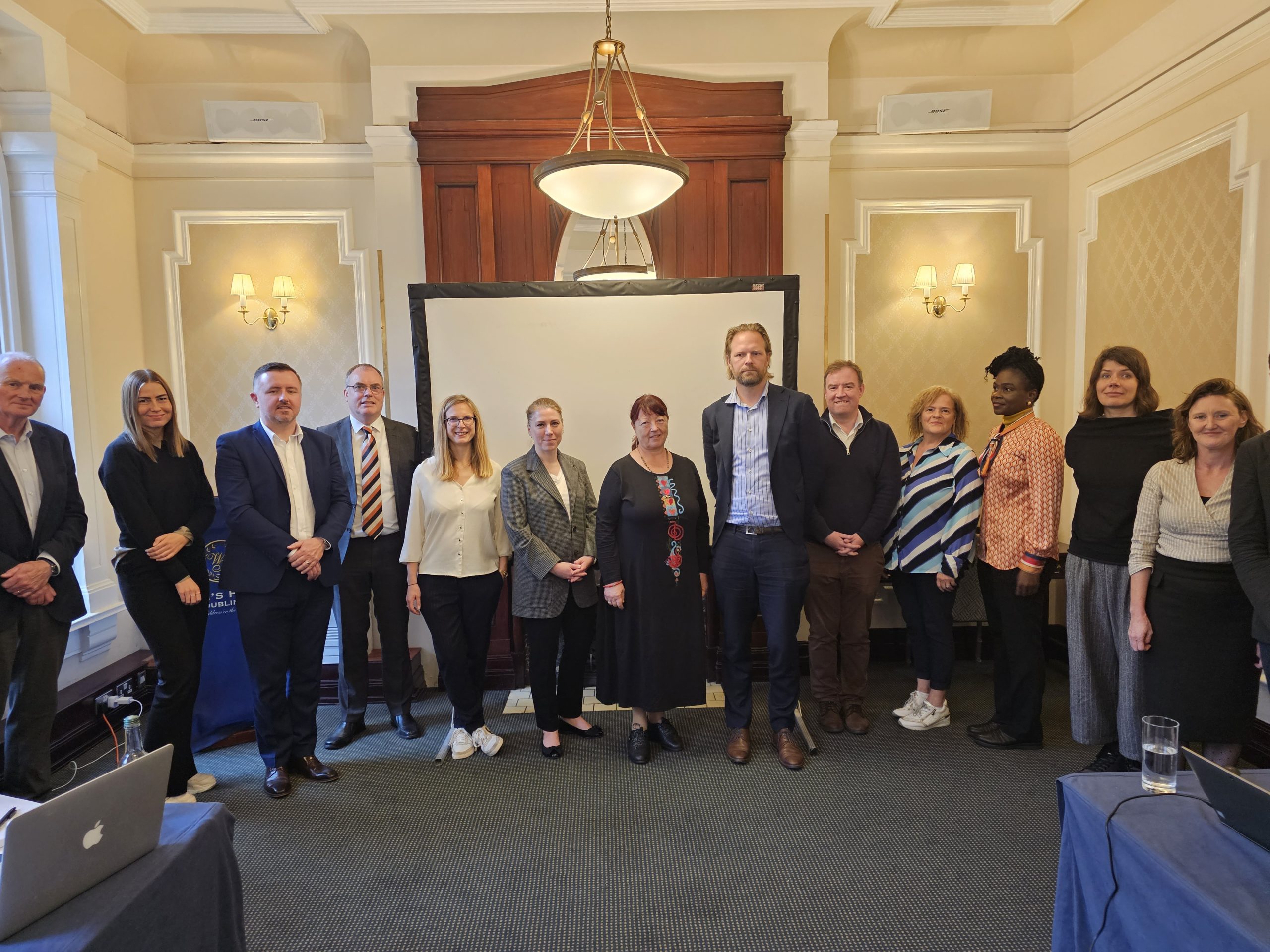
The second European event of the Mesmer+ project provided not only an opportunity to discuss research results and the policy context, but also to discuss the EU-level objectives, such as the European Commission’s Social Economy Action Plan (December 2021) and the European Pillar of Social Rights. A special focus of the event was on the participating EU Member States where social economy players have less experience and opportunities to participate formally in social dialogue at the national level.
Presentantion of Gerard J Doyle
Presentantion of Helen Johnston
Presentantion of Lorraine Corcoran
Presentantion of Melinda Kelemen
Presentantion of Richard Gavin
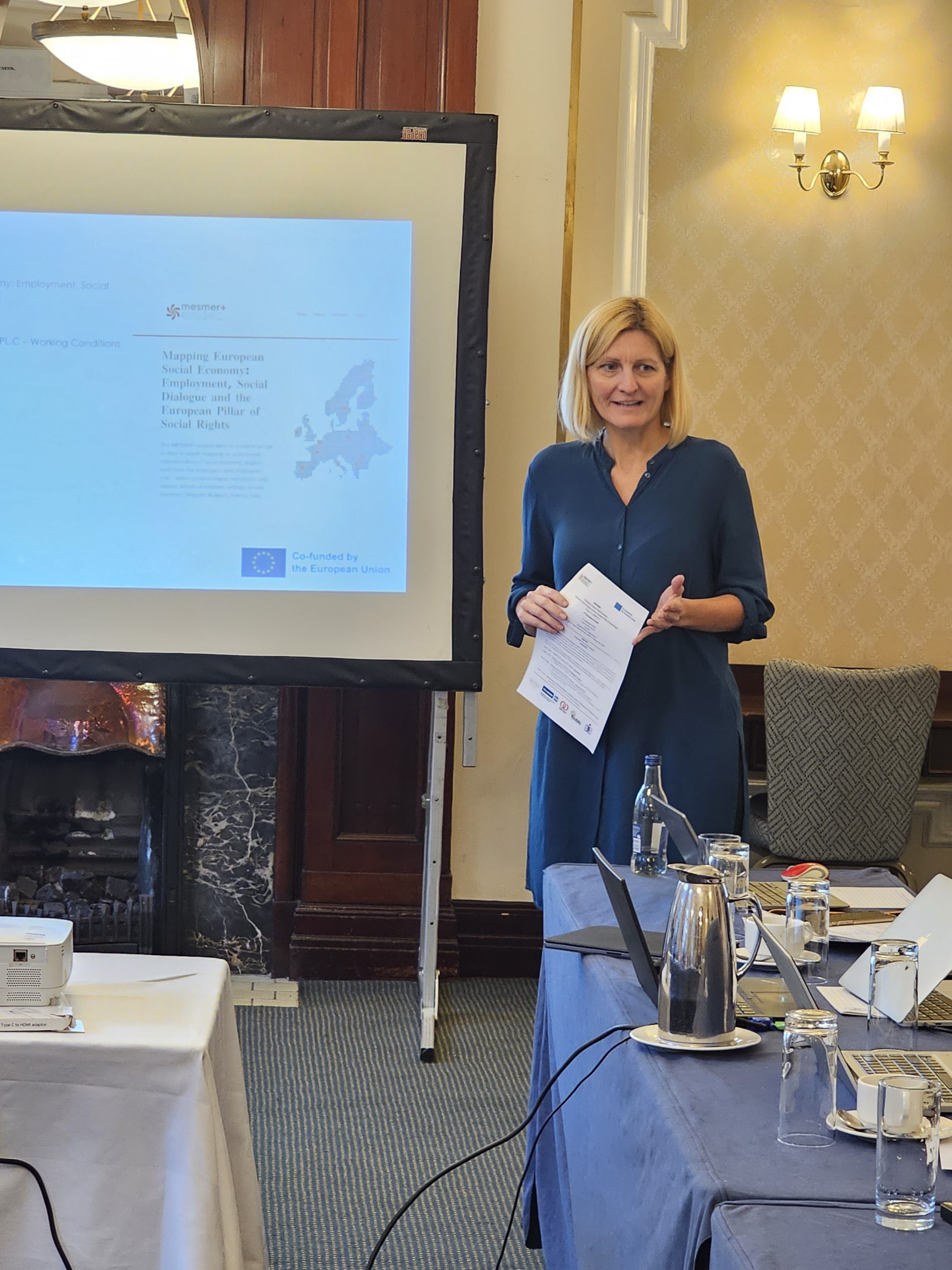
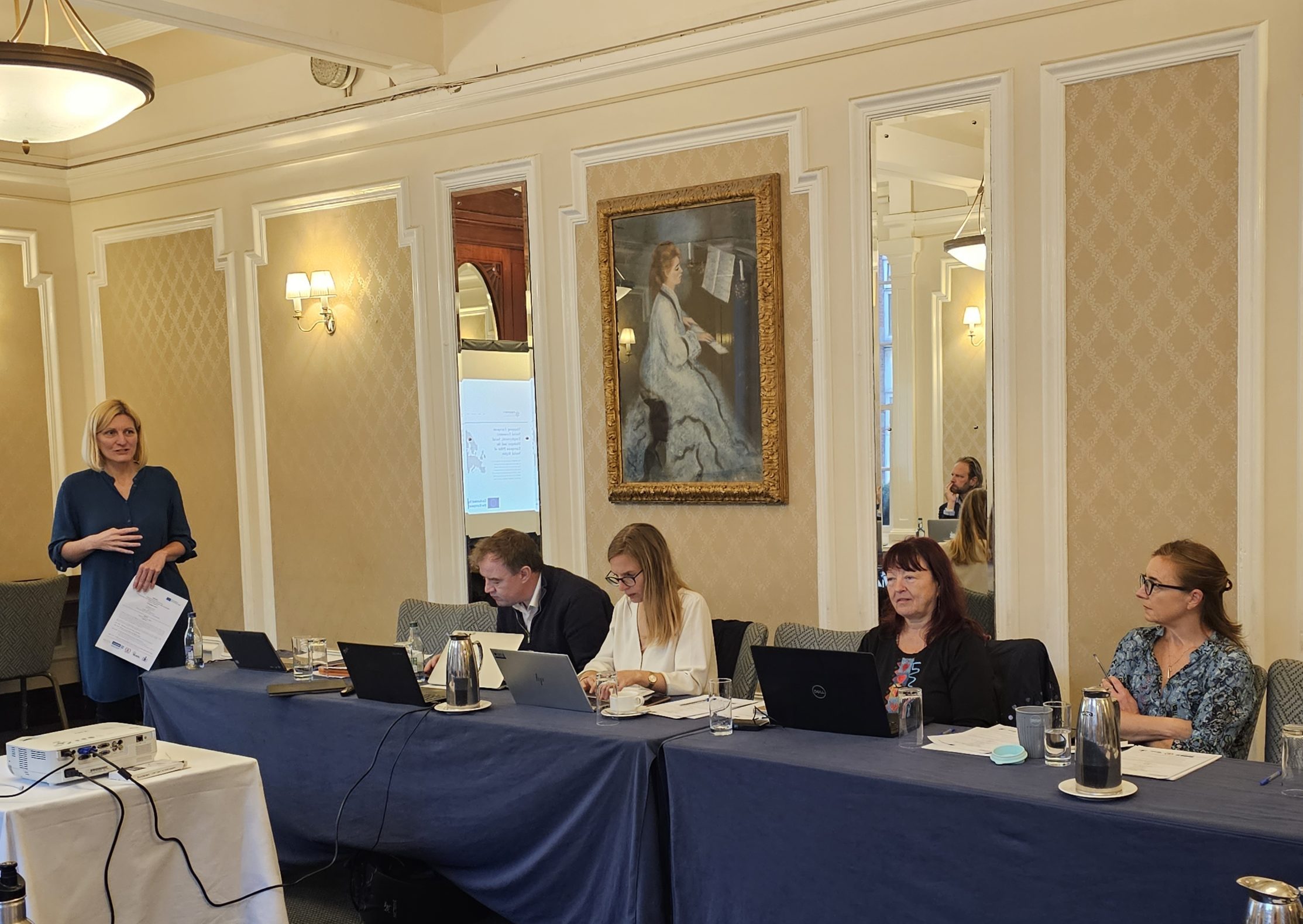
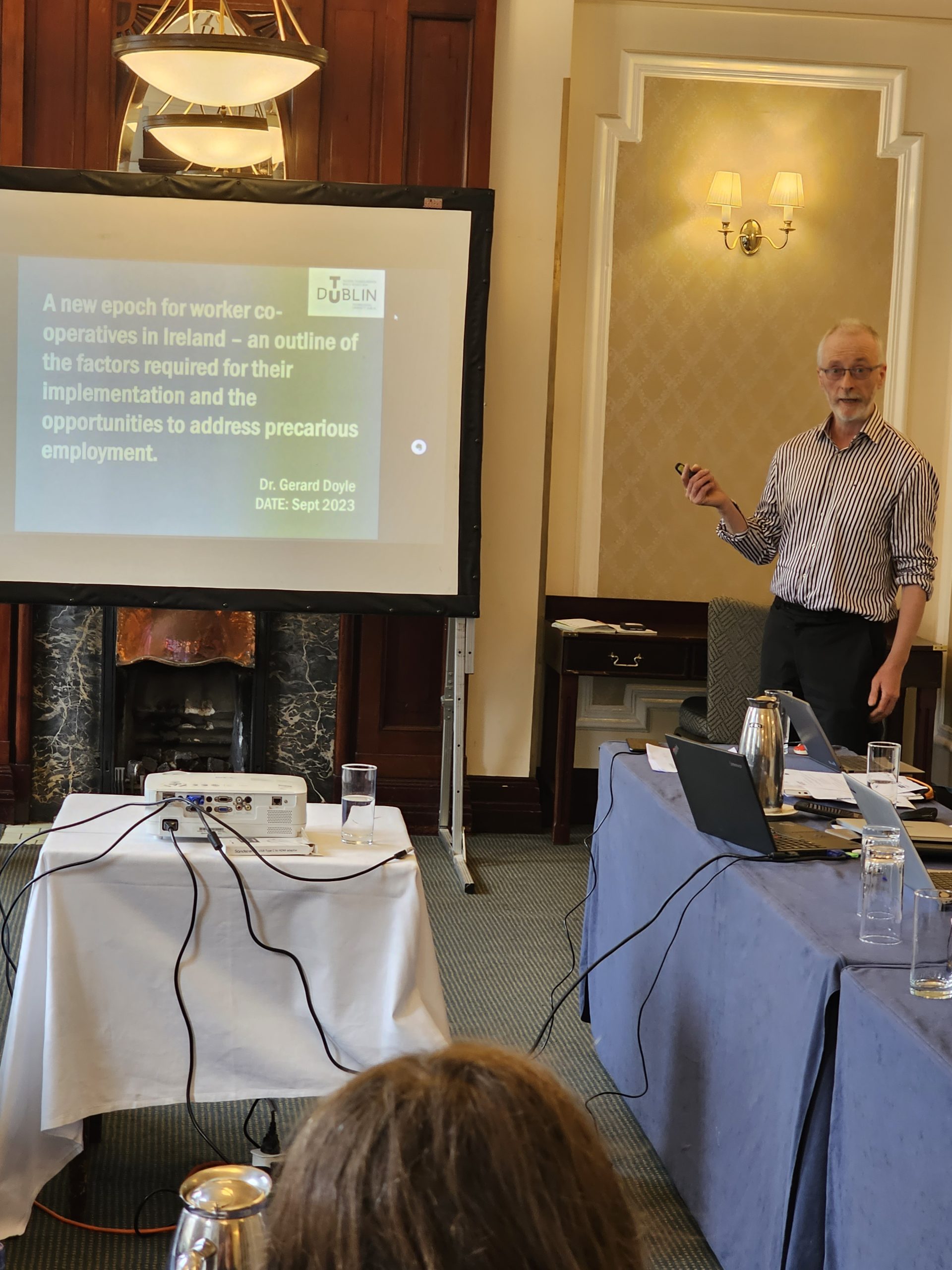
MESMER+ Policy Labs
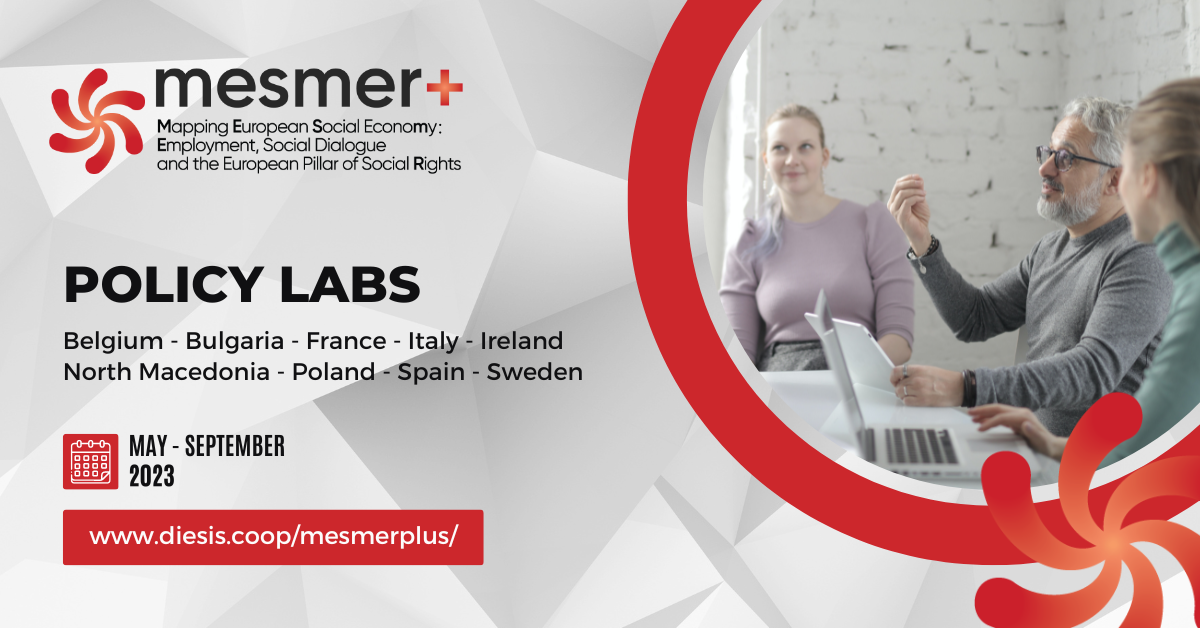
Between May and October 2023, nine Policy Labs were organised in Belgium, Bulgaria, France, Italy, Ireland, North Macedonia, Poland, Spain and Sweden as part of the MESMER+ project.
What happened in the Policy Labs?
– Input and Feedback: the Policy Labs provided a unique opportunity for policymakers, practitioners, researchers, and all stakeholders from diverse backgrounds to come together and contribute their ideas and insights, helping to shape future policies and initiatives on SEs and Social Dialogue.
– Dissemination of Mesmer+ project results: we shared the project’s progress, outcomes, and key findings with attendees. This open exchange of knowledge fostered cooperation and enhanced collective efforts towards impactful policy development.
Together, we create innovative solutions and drive policy transformation on Social Economy and Social Dialogue!
-
- Policy Lab in Belgium : The social economy and the Belgian model of social dialogue.
- 22 June 2023 – Leuven. Find here the Agenda and the Policy brief & Summary.
- Policy Lab in Bulgaria
- 4 July 2023 – Sofia. Find here the Agenda, the Policy brief and the Summary.
- Policy Lab in Sweden
- 30 August 2023 – Gothenburg. Find here the Agenda (only in Swedish), the Policy brief and the Summary.
- Policy Lab in Poland
- 11 September 2023 – Warsaw. Find here the Agenda, the Policy brief and the Summary.
- Policy Lab in Ireland
- 12 September 2023 – Dublin. Find here the Agenda, and the Policy brief & Summary.
- Policy Lab in North Macedonia
- 25 October 2023- Skopje. Find here the Agenda, the Policy brief and the Summary.
- Policy Lab in Italy
- 14 September 2023 – Montepulciano. Find here the Agenda and the Policy brief & Summary.
- Policy Lab in France
- 21 September 2023 – Paris. Find here the Agenda, and the Policy brief & Summary.
- Policy Lab in Spain
- 26 September 2023 – Madrid. Find here the Agenda, the Policy brief and the Summary.
- Policy Lab in Belgium : The social economy and the Belgian model of social dialogue.
MESMER+ 1st European Event – Rome (23.03.2023)
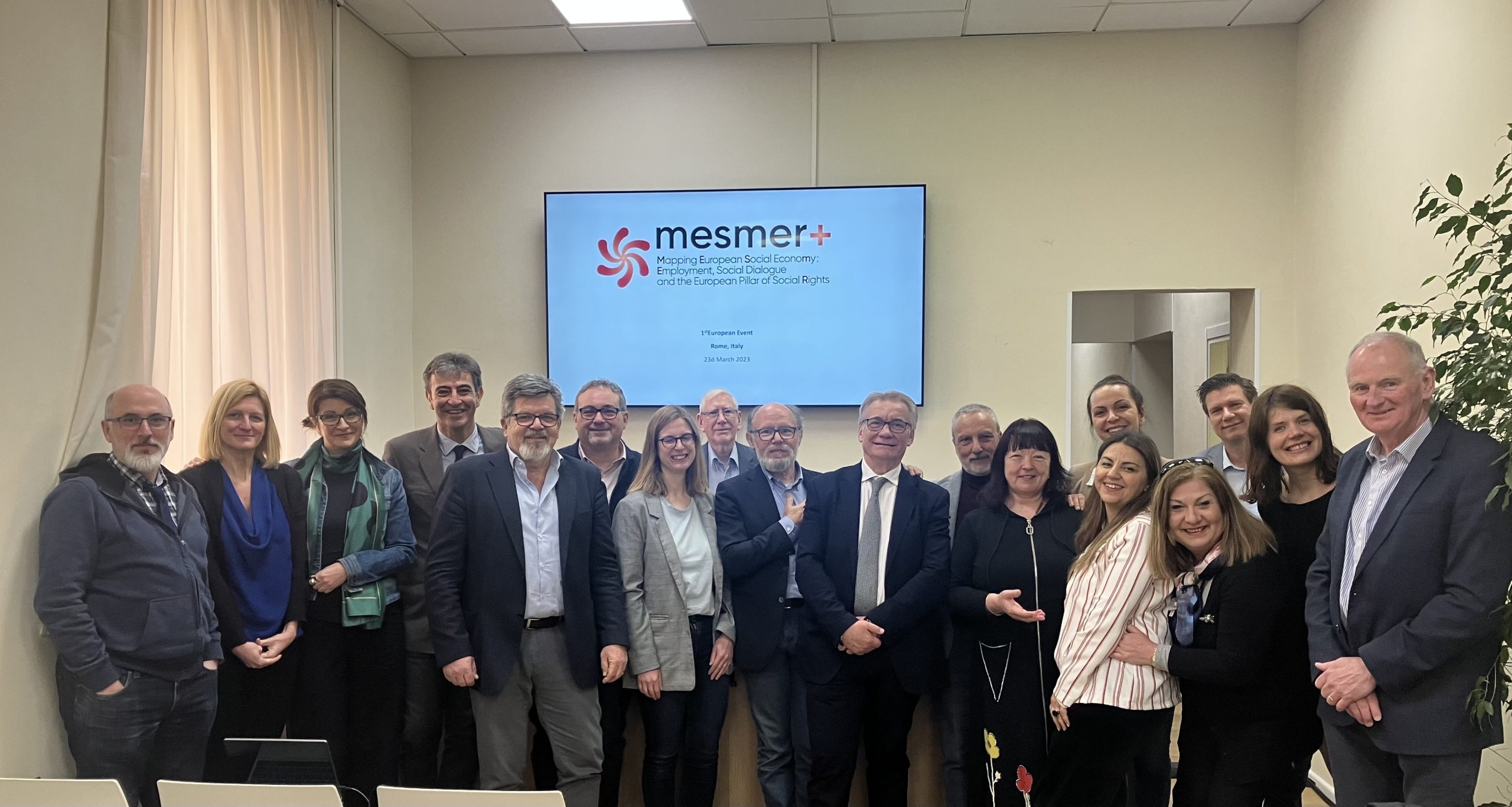
The main objective of the first European event was to bring together the representatives of project partners and local stakeholders (trade unions, employers’ organizations, social economy, academia) to reflect on the reference framework and the already available research outcomes. A special focus was on Italy and European countries, where social economy players have much experience / opportunity to take part in formal social dialogue. Developments and actions from actors at the EU level was also explored. The 2nd European event is foreseen in September, in Dublin.
MESMER+ Launch Event – Brussels (20.09.2022)
On the 20th of September 2022, the MESMER+ project has officially startedwith a partners-only kickoff meeting, hosted by the Brussels office of Legacoop and Confcooperative. The kick-off meeting has been followed by a Launch Event on the 21st of September, at the premises of Tour&Taxis. The public Launch Event took place with the involvement of 26 people, including invited guests and speakers from the DG Employment and ILO (video message). All co-partner organisations – DIESIS Network (Belgium), KU Leuven (Belgium), WETCO (Bulgaria), Public (North Macedonia), Cooperationen (Sweden) and almost all the associated partners were represented. The event was coordinated by Melinda Kelemen (project manager, Diesis Network) and Anne Guisset (senior research associate, KU Leuven).
About
Mapping European Social Economy: Employment, Social Dialogue and the European Pillar of Social Rights (2022-2024).
In many countries, Social Economy Enterprises (SEEs) engage in some form of “social dialogue”, discussing and often negotiating employment-related issues such as wages, working conditions, and training. However, social economy organisations only rarely count as formal social partners in their own right, despite the large number of SEEs and workers active in the sector. The MESMER+ project aims to establish an up-to-date in-depth mapping of activity and representation of social economy players – both from the employers’ and employees’ side – within social dialogue institutions and various industrial relations settings in nine countries : Belgium, Bulgaria, France, Italy, Ireland, North Macedonia, Poland, Spain and Sweden. This mapping encapsulates several dimensions, including institutions, actors, practices, and processes.
Not only the continuous dissemination activities on social media but also events ensures wide dissemination of the project aims and outcomes. The project and its partnership are committed to the principles enshrined in the European Pillar of Social Rights (EPSR) and to contributing to the Pillar’s implementation.
Project outputs
- 9 national reports (including national-level policy recommendations)
- 1 mapping study
- 1 policy recommendations
- three European workshops
- nine national policy labs
- a launch event and a final conference
- dissemination activities (including a website, info card and videos)
Target groups
Direct stakeholders / target groups:
- network of the project partners and associated organisations
- trade unions and employers’ organisations, active or with an interest in the SE sector social economy enterprises and cooperatives
- experts, academia on the field of industrial relations and / or social economy
Further target groups:
- trade unions on national and sectoral level (not only the ones directly involved in the action)
- employers (in general)
- relevant policy makers
Partners
Coordinator
Co-partners
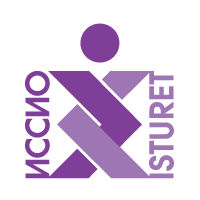
ISTURET – Bulgaria (Institute for Social and Trade Union Research, Education and Training)
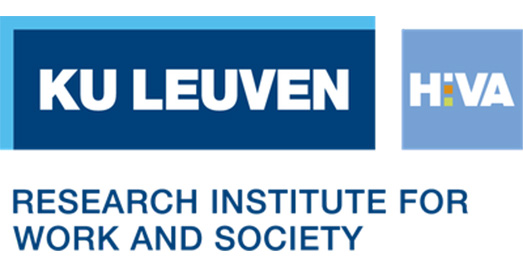
KU Leuven – HIVA – Belgium (Katholieke Universiteit Leuven)
Associated organizations
Mesmer+ Project
Find us
Boulevard Charlemagne 74
1000 Brussels – Belgium
TVA BE 0460304689

The information, documentation and figures on this website are written by the MESMER+ project consortium (Grant agreement no. 101052222) and do not necessarily reflect the views of the European Commission. The European Commission is not liable for any use that may be made of the information contained herein.
